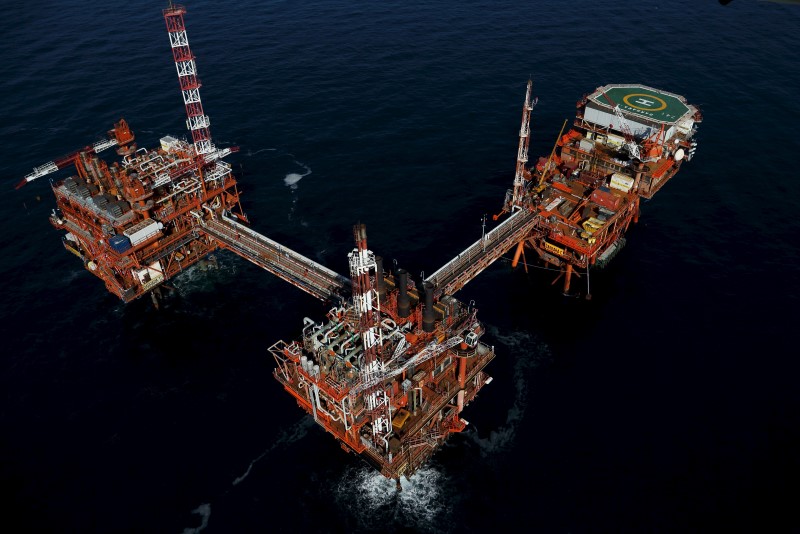Investing.com– Oil prices settled lower Thursday, though losses were kept in check by optimism that major central banks are set to cut rates in the coming months, boosting global economic growth and crude demand
By 14:30 ET (19.30 GMT), the futures traded 0.3% lower to settle at $78.93 a barrel and the contract was flat at $82.96 a barrel.
Powell reiterates rate cuts coming this year; ECB drops huge June rate-cut hint
In his second-day of testimony before Congress, Fed Chair Jerome Powell said the Fed is “not far” from reaching the confidence needed to cut interest rates this year, reiterating similar remarks from a day earlier.
The remarks arrived on the heels of European Central Bank keeping its benchmark rate unchanged, but cut its forecast on inflation, suggesting a faster than expected progress on bringing down inflation that boosted investor bets on a rate cut as soon as June.
Growing optimism of rate cuts by central banks that would boost global economic growth — just as China appears to be turning a corner — and oil demand combined with a recent pledge from OPEC+ to extend production curbs to the second quarter could likely push oil prices higher.
“Under these circumstances, and with economic growth expected to pick up in the second half of the year, we believe the price of WTI will gradually inch up to approximately US$85 per barrel by the end of 2024,” Desjardins said in a note.
China posted a 5.1% rise in imports in the first two months of 2024 from a year earlier to about 10.74 million barrels per day, customs data showed on Thursday, as crude purchases ramped up to meet fuel sales during the Lunar New Year holiday.
US inventories add to positive supply signals
Also providing support was the news U.S. showed a smaller-than-expected build in the week to March 1, as more refiners restarted from an extended winter break.
and inventories also saw outsized draws, furthering the notion that supplies in the world’s largest fuel consumer were tightening.
Signs of smaller U.S. supplies added to optimism over tighter global oil markets in 2024, after the Organization of Petroleum Exporting Countries and allies said it will commit to its current supply reductions until end-June.
Signs of an extended conflict in the Middle East also fed into bets on supply disruptions in the region, especially amid lagging ceasefire talks between Israel and Hamas.
“We still expect Brent oil prices to edge up near the top of the $70-90 range this summer driven by a modest deficit, and reach an $87/bbl peak in July,” said analysts at Goldman Sachs, in a note.
(Peter Nurse, Ambar Warrick contributed to his article.)
Read the full article here





